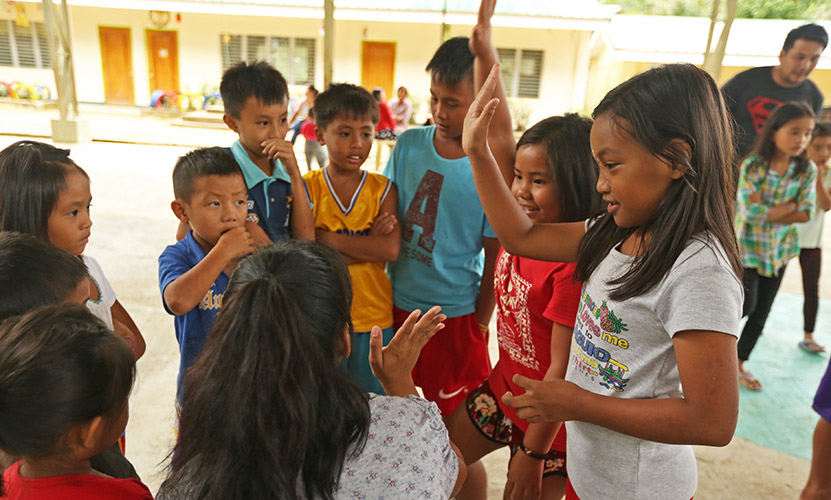Like the study made by the United States Centers for Disease Control and Prevention (CDC), Senator Win Gatchalian also referred to that of Northern Ireland’s Public Health Agency (PHA) to reiterate his call to the Philippine government to consider allowing localized and limited face-to-face classes especially in low risk areas. The PHA recently assured that schools are not a major source of COVID-19 transmission.

Gatchalian also took note of the University of Warwick in England’s assessment that schools do not appear to play a big role in spreading coronavirus. Researchers found out that the absences incurred by teachers and pupils matched infection rates in the wider community, with no evidence that schools were a major driver of cases.
“Kung susuriin natin ang karanasan at mga pag-aaral sa ibang bansa, makikita natin na posible ang ligtas na pagbubukas ng mga paaralan habang patuloy ang pagpapatupad ng health protocols tulad ng physical distancing, pagsusuot ng mask, at regular na paghuhugas ng kamay,” said Gatchalian.
For Gatchalian, the developments abroad make for a case of allowing localized and limited face-to-face classes in the country as the government eyes the easing of quarantine measures, the further reopening of the economy, and the roll-out of the COVID-19 vaccination program. The Chairman of the Senate Committee on Basic Education, Arts and Culture maintained that the safe reopening of schools should be part of the country’s recovery efforts.
Based on the University of the Philippines’ map in its COVID-19 tracker, some 433 municipalities have zero active cases of the coronavirus as of February 9.
“Habang hinihintay natin ang bakuna, pwede na nating paghandaan ang pagbubukas ng mga paaralan sa mga lugar na walang kaso o may kaunting kaso ng COVID-19 para maihanda din ng mga mag-aaral at mga kawani ang kanilang mga sarili matapos ang halos isang taong pananatili sa bahay,” he added.
The United Nations Children’s Fund (UNICEF) is recommending the pilot face-to-face classes in low-risk areas in the country by March. The UN agency repeatedly emphasized that prolonged school closures have long-term devastating effects: learning losses and inequalities, increased number of dropouts, surge in cases of violence and abuse, and mental distress due to lack of interactions.


